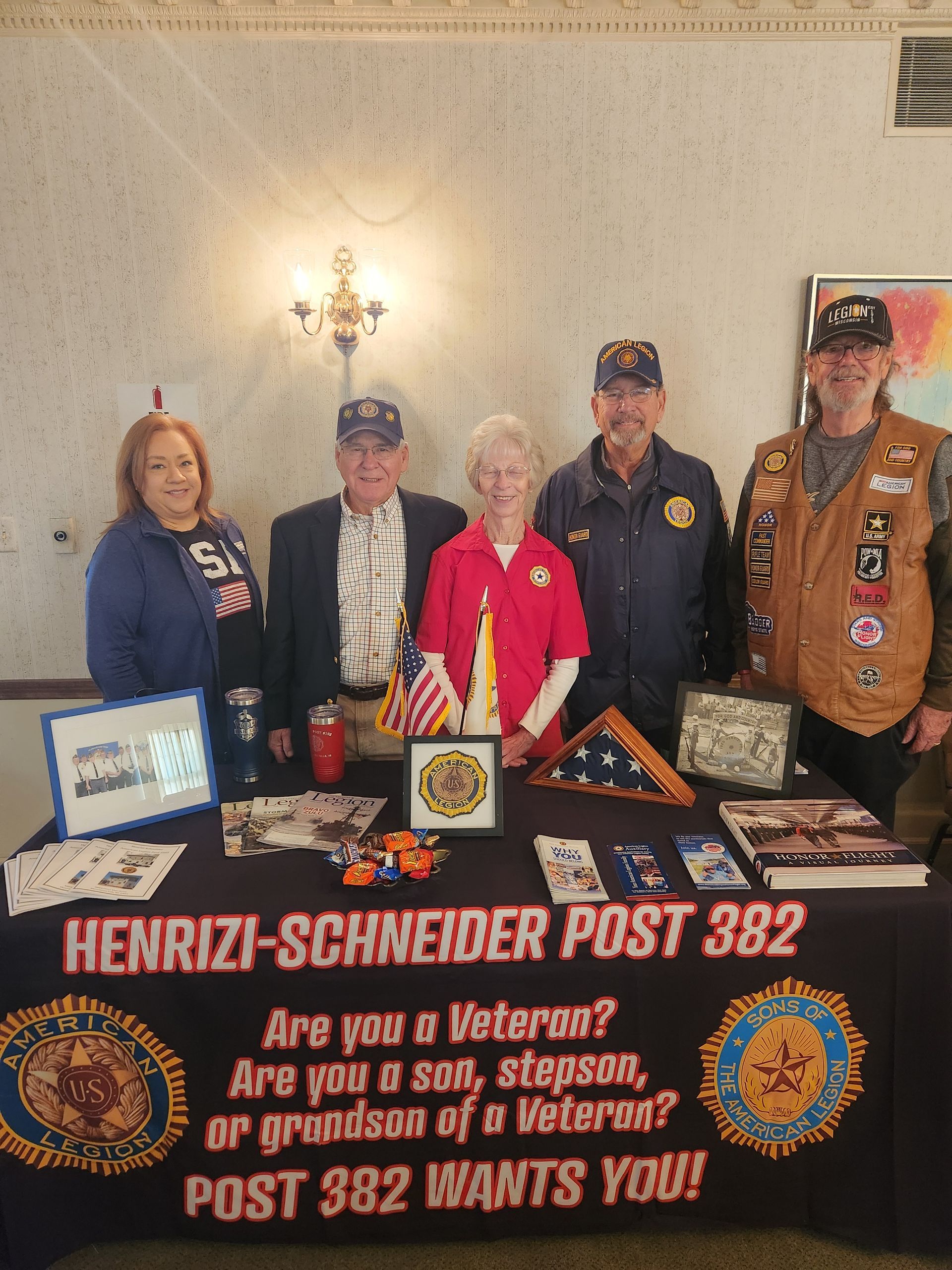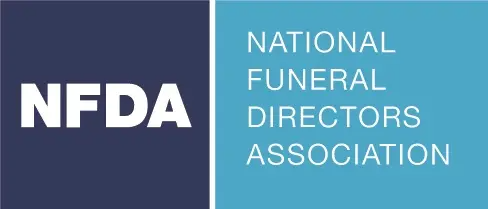A Career in Funeral Service
A Career in Funeral Service
Sharing the Realities, Rewards, and Shifting Perceptions of Funeral Service
Last month, I had the opportunity to be both a presenter and an exhibitor at Career Day at two local high schools. Being able to present information to high school students about a career in funeral service was a great and engaging experience. Funeral service is not a career most students consider, or are even aware of. During my presentation, I opened with the question, "What does a funeral director do?". I was a little surprised to get answers that exclusively talked about how funeral directors lead services, help families through grief, and plan the details of the funeral or celebration of life - out of two classes of about twenty students each, no one mentioned preparation or disposition of the body. Even in a younger generation who probably hasn't been to many, if any, funerals in their lives, these answers represent the clear change that is happening in the funeral industry- a shift of what is important or meaningful to families in a funeral.
A career in funeral service isn't an easy one. Death does not stop at 5 PM; even a good on-call schedule promises to take away your nights, weekends, and holidays. You may be up all night making transfers, then must report by 7 AM to get to church for a service. Some days are booked solid with services, and it's all hands on deck- that means you can't be sick, your kids can't be sick, and your dog can't be sick. You NEED to show up for your service because there is no one else. But that sentiment pulled me into funeral service, and often keeps me going when the days and weeks get long- there is no one else.
Many funeral service professionals will tell you it's a calling. Not everyone can do it. Whether because of the on-call hours, a weak stomach, or just the desire to avoid grief and sadness every day, many people just can't handle a job in funeral service. But for those of us who have been called to it, it is one of the most rewarding professions imaginable.
As a funeral director, I have the privilege of helping families share the stories of their loved ones—and what remarkable stories they are. Like the 90-year-old woman who was abandoned by her father at a train station, yet went on to build a legacy and raise a family of her own. Or the passionate volunteer and small business owner who became a true pillar of the community. And the environmentalist teacher who not only wrote books about soil, but chose to be cremated and placed in a biodegradable soil urn - a final act that reflected the values she lived by.
I see laughter arise from grief as families take time to reminisce and celebrate the time they shared with their loved ones. I get a glimpse into the deceased's lives at all stages—learning to drive stick shift, jumping fences at concerts, rising through their careers, and their sheer joy when building Magna-Tiles with their grandchildren. Seeing lives from the end of their stories gives perspective on what is most important and lessons on how to live a good life.
At the career fairs, I encouraged those interested to explore different options for entering funeral service - whether a job shadow, tour of a funeral home, or entering into an apprenticeship. In Wisconsin, the state requires an Associate's degree in Funeral Service, a one-year apprenticeship, and passing state and national board exams. Recently, they have also started a two-day apprenticeship course through MATC to become licensed as a funeral apprentice. Apprentices can do transfers, body preparation, and assist with funeral services under supervision. This is an easy way to get your feet wet in the industry without a major time or financial commitment to start a career in funeral service.
Though finding a work-life balance can be challenging, a career in funeral service offers incredible opportunities to help families through their most difficult times, as well as a chance to hear amazing stories about the lives of those in our community.












